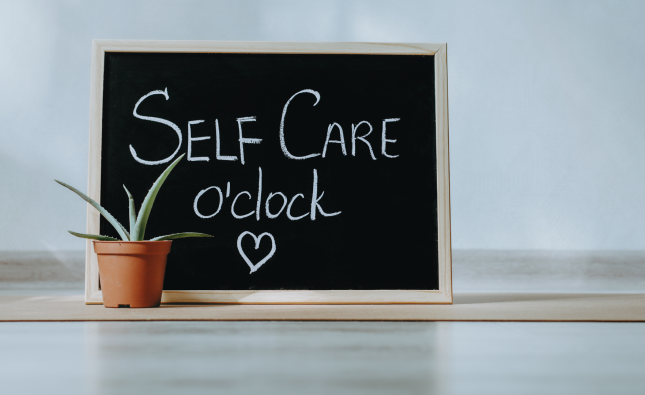
Getting a new piercing is an exciting experience, but it’s important to take proper care of it to ensure a fast and healthy healing process. Here is a guide to the fastest healing piercings, along with some tips and tricks for aftercare:
1. Choose a Professional Piercer:
Start by selecting a professional and reputable piercer who follows strict hygiene standards. A skilled piercer will minimize the risk of complications and ensure a clean and accurate piercing.
2. Follow the Piercer’s Instructions:
Listen carefully to your piercer’s aftercare instructions. They may provide specific guidelines based on the type of piercing you’ve gotten. Follow their advice closely to promote optimal healing.
3. Clean Hands:
Before touching your new piercing, always wash your hands thoroughly with antibacterial soap. Avoid touching the piercing unnecessarily to minimize the risk of infection.
4. Saline Solution:
Saline solution is a gentle and effective way to clean your piercing. Use a store-bought saline solution or make your own by mixing 1/4 teaspoon of non-iodized sea salt with 8 ounces of warm distilled water. Soak a clean cotton ball or sterile gauze in the saline solution and gently clean the piercing twice a day.
5. Avoid Overcleaning:
While cleaning is essential, overcleaning can actually slow down the healing process. Stick to cleaning your piercing twice a day unless otherwise advised by your piercer.
6. Avoid Harsh Products:
Avoid using harsh chemicals, alcohol-based solutions, hydrogen peroxide, or antibacterial ointments on your piercing. These can irritate the skin and delay healing. Stick to saline solution or a gentle, non-alcoholic, fragrance-free cleanser recommended by your piercer.
7. Don’t Rotate or Twist the Jewelry:
Avoid rotating or twisting the jewelry as it can cause irritation and disrupt the healing process. If crusts or discharge form around the piercing, let them soften with saline solution before gently removing them.
8. Avoid Touching:
Try not to touch your piercing unnecessarily. Bacteria from your hands can cause infections. If you need to touch the piercing, make sure your hands are clean.
9. Avoid Irritants:
During the healing process, avoid exposing your piercing to irritants such as hairspray, perfumes, makeup, or excessive moisture. These can introduce bacteria and hinder the healing process.
10. Avoid Changing Jewelry Too Soon:
Wait until your piercing is fully healed before changing the jewelry. Premature jewelry changes can cause irritation, pain, and prolong the healing time. Consult your piercer for advice on when it is safe to change your jewelry.
11. Be Mindful of Sleeping Positions:
Be cautious of your sleeping positions, especially if you have ear or facial piercings. Avoid sleeping on the side of the piercing to prevent pressure and irritation.
12. Maintain a Healthy Lifestyle:
A healthy lifestyle can contribute to faster healing. Eat a balanced diet, drink plenty of water, and get enough rest. These factors promote overall wellness, which can aid in the healing process.
13. Stay Hydrated:
Keeping your body hydrated supports healthy skin and aids in the healing process. Drink an adequate amount of water daily to maintain optimal hydration.
14. Avoid Submerging in Bodies of Water:
During the healing period, avoid submerging your piercing in bodies of water such as swimming pools, hot tubs, lakes, or oceans. These environments can introduce bacteria and increase the risk of infection.
15. Patience is Key:
Healing times vary depending on the type of piercing, individual healing abilities, and aftercare. Be patient and avoid rushing the healing process. Allow your body enough time to heal naturally.
Remember, if you experience excessive swelling, persistent pain, redness, or any signs of infection, consult your piercer
or a healthcare professional immediately. They can provide appropriate guidance and help ensure your piercing heals properly.










